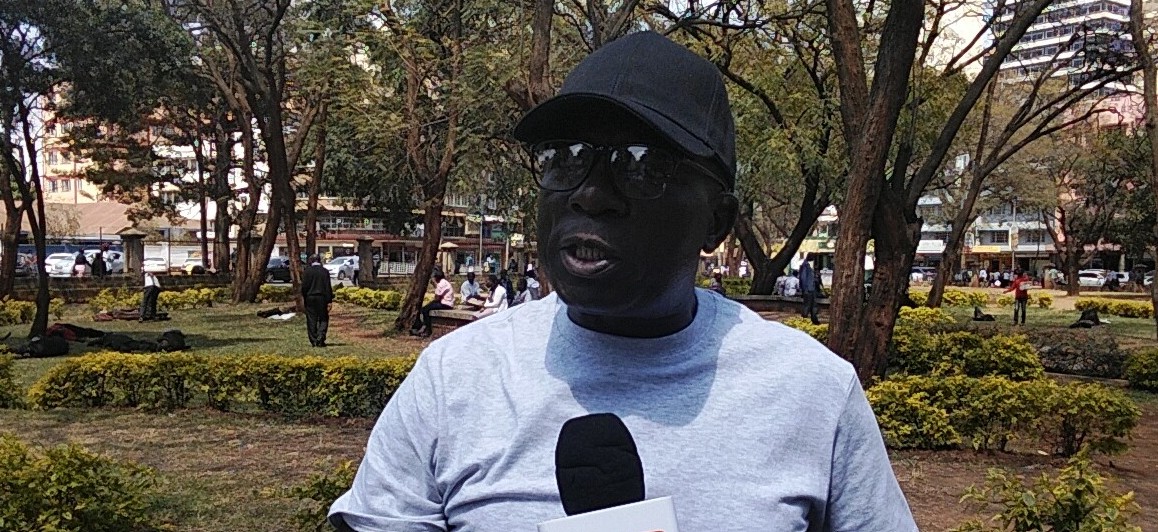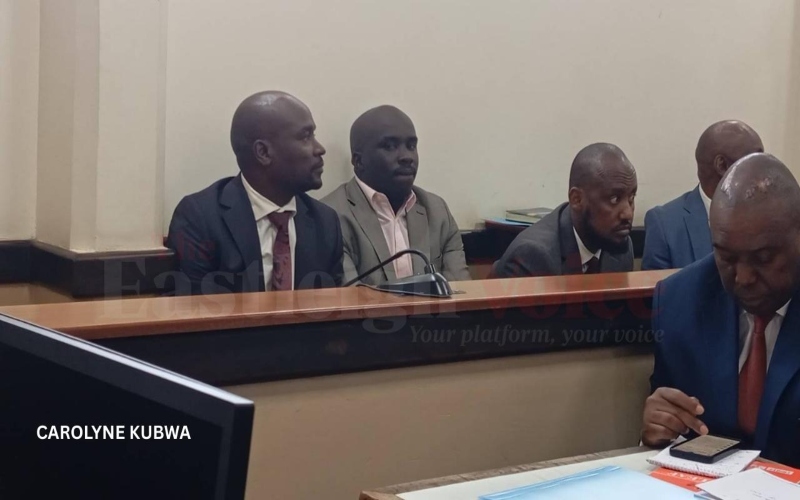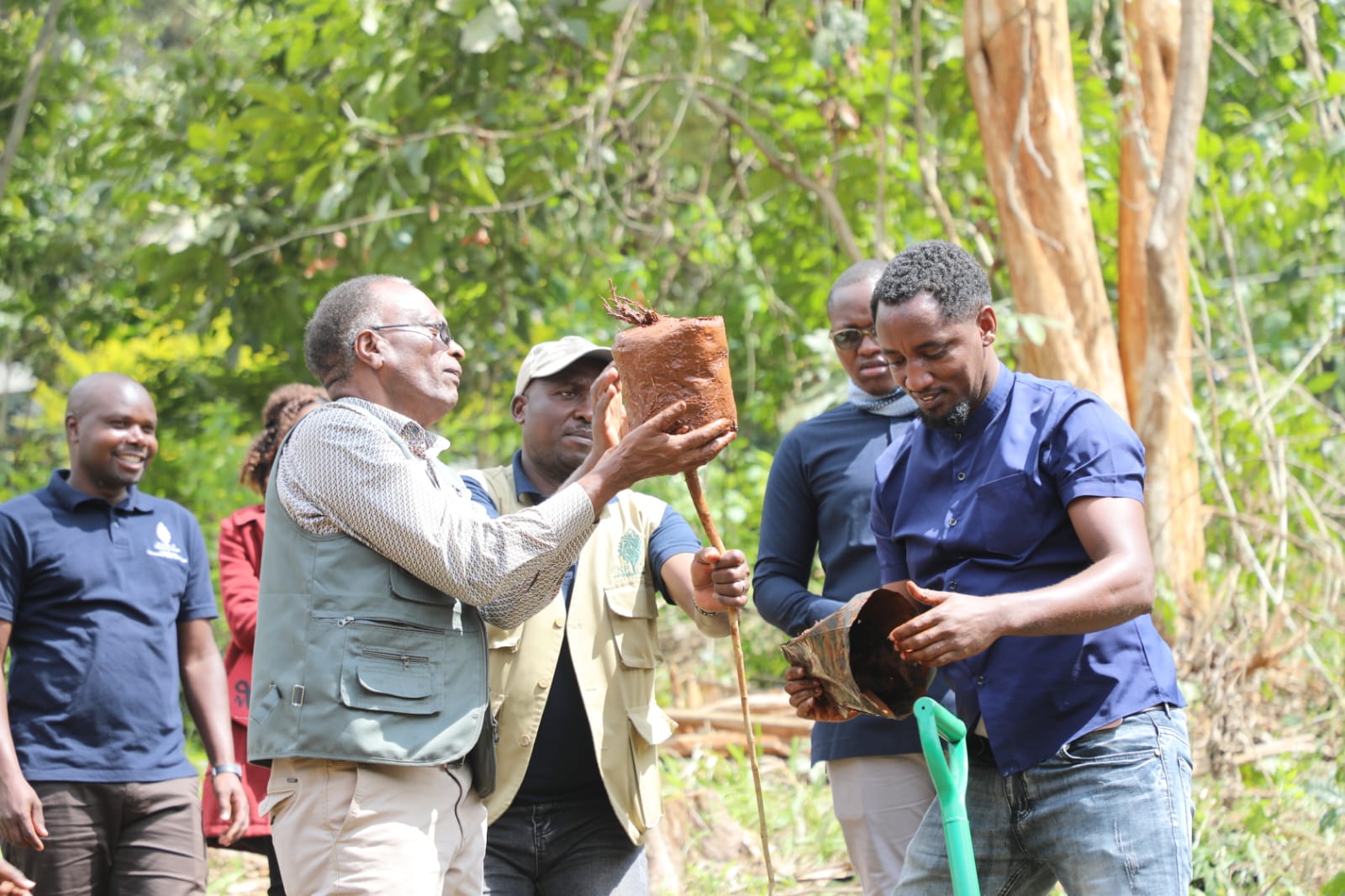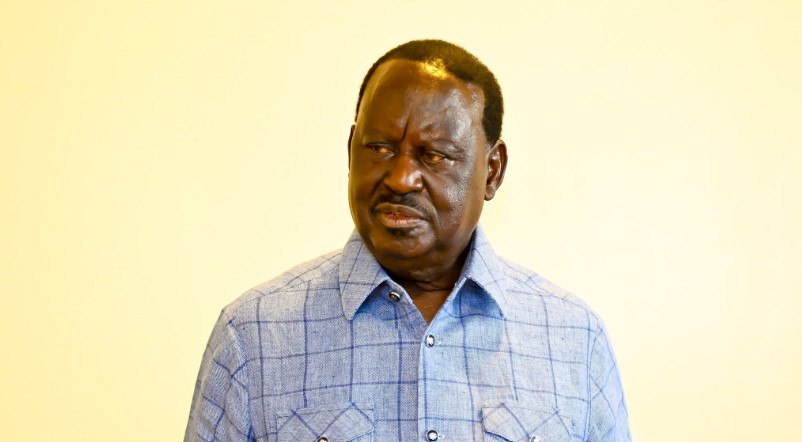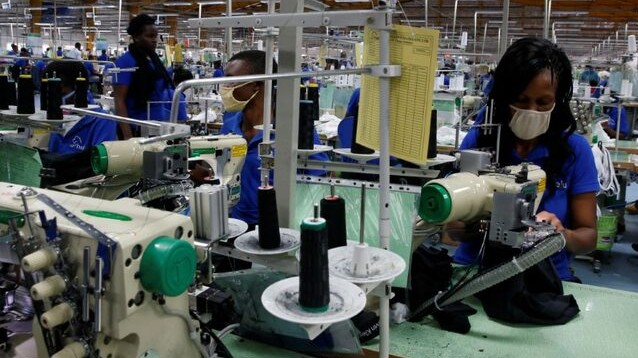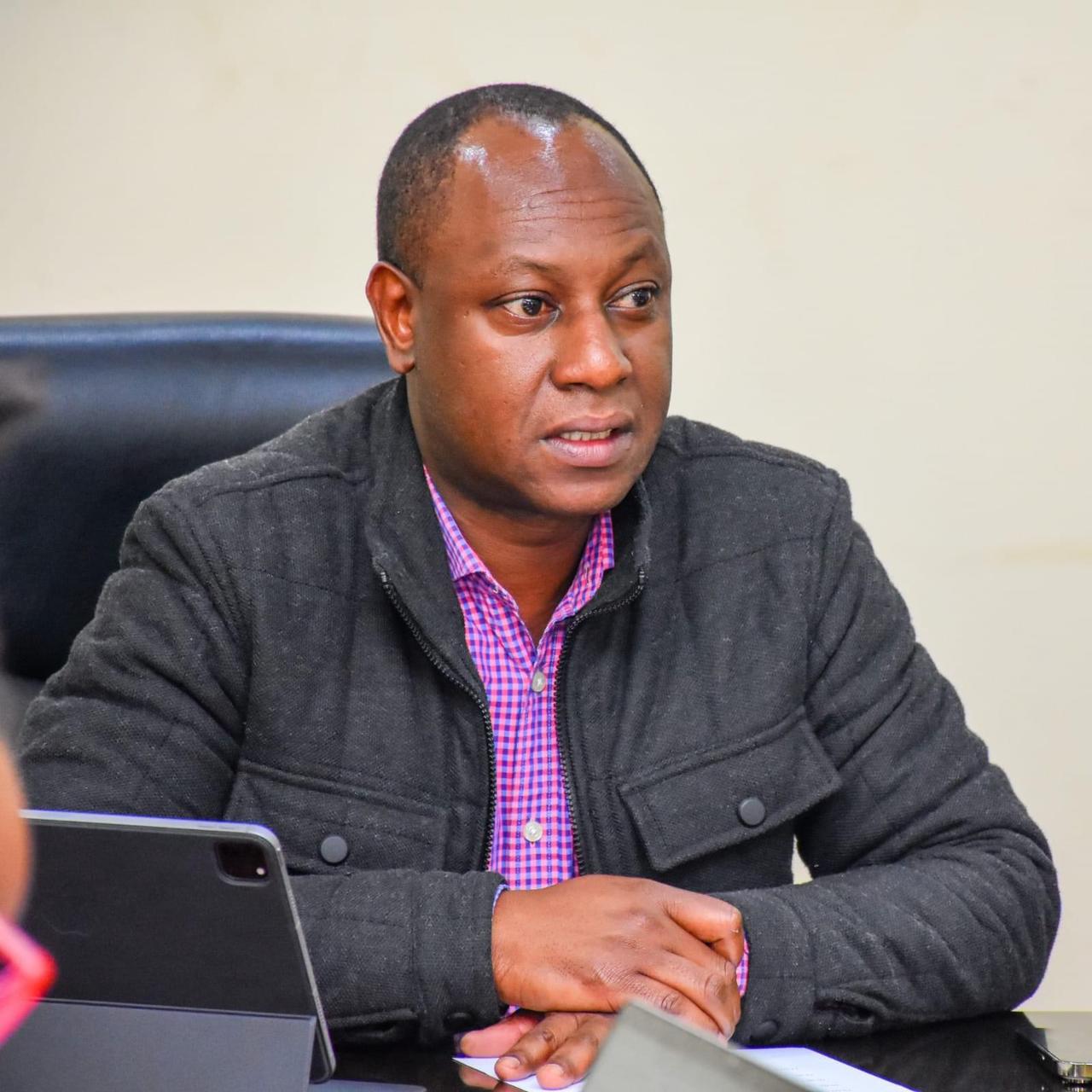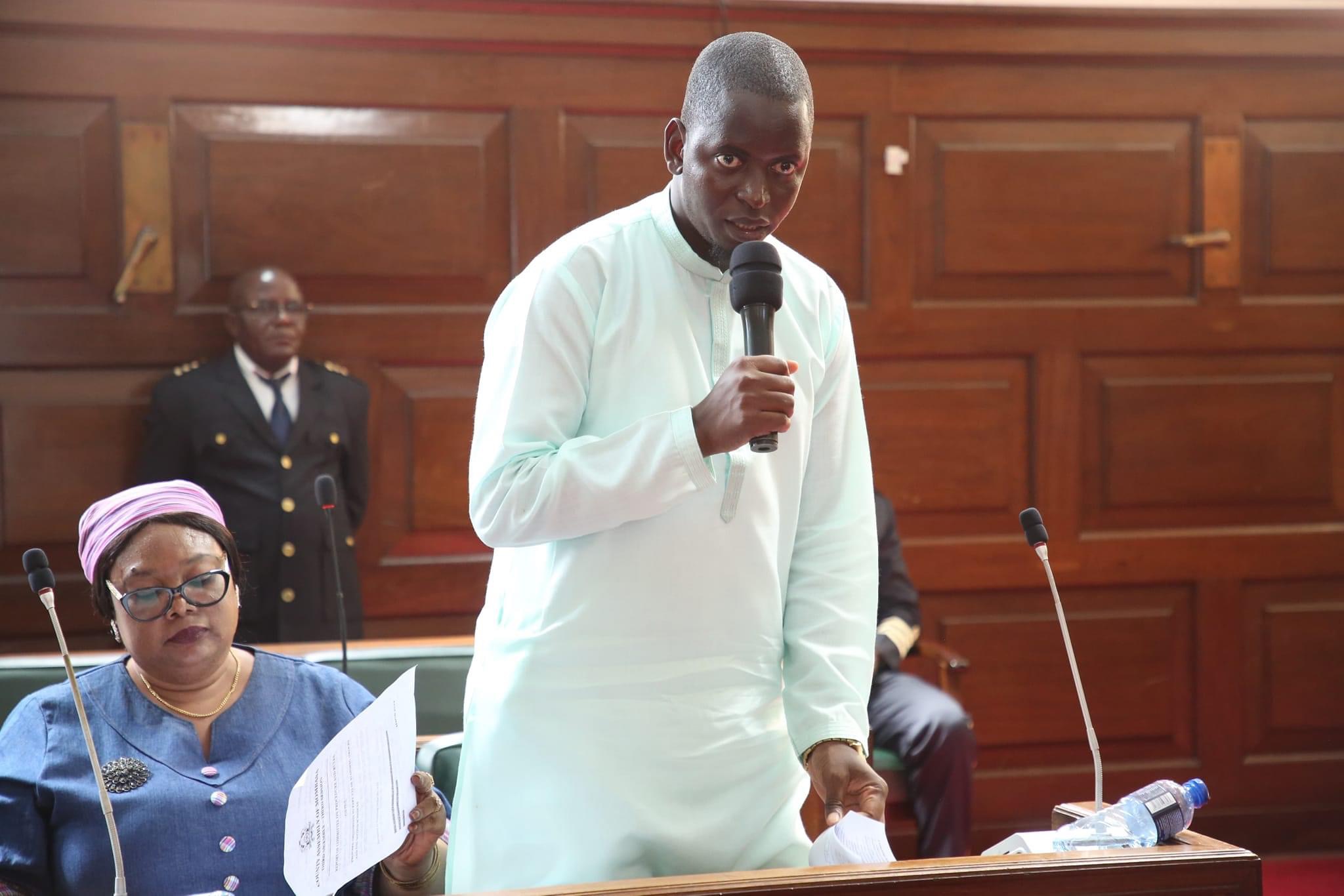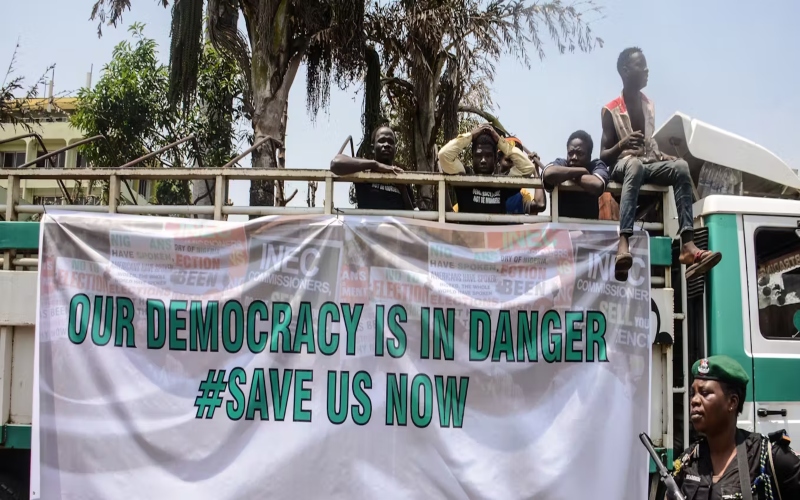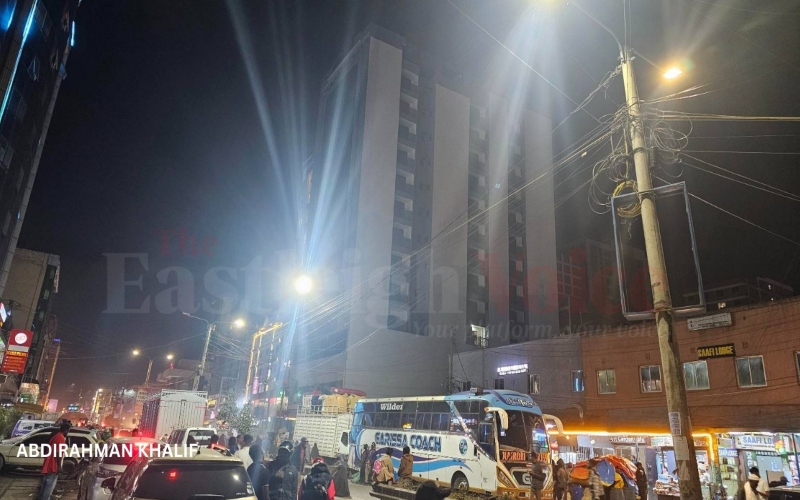Kenya braces for fresh IMF loan conditions as Treasury reaffirms extension
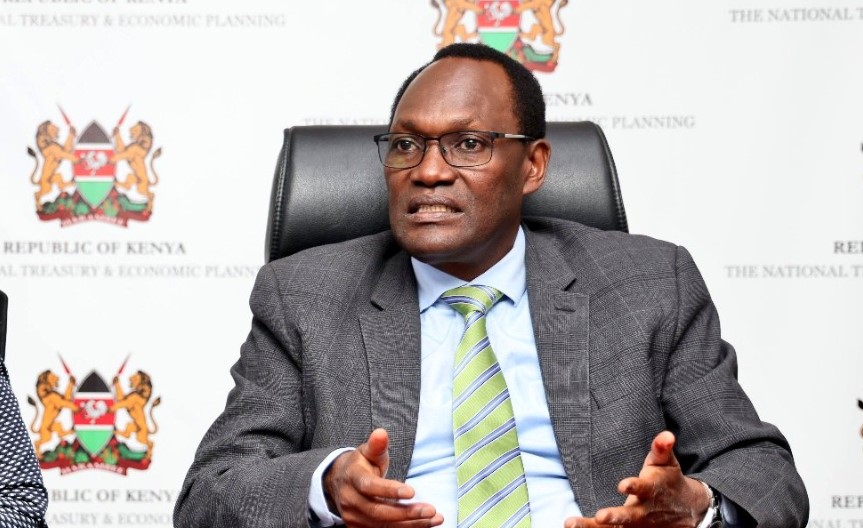
These loans, arguably, help the country address challenges such as budget deficits, maintaining public debt sustainability and alleviating foreign exchange shortages.
Kenya will continue with its funding programme under the IMF after the current one lapses in April, Treasury Principal Secretary Chris Kiptoo has said.
This means the country should brace for fresh loan conditions from the lender.
More To Read
- Nearly entire global population exposed to harmful environments - World Bank
- AfDB, AfCFTA and Africa50 sign MoU to unlock continent’s trade potential
- Union seeks court orders to halt privatisation of Kenya Pipeline Company
- Senators oppose Treasury’s centralised county revenue management plan
- Mbadi urges State agencies to prioritise PPPs in project planning
- Mbadi gives counties 30 days to integrate payrolls with IPPD
Addressing journalists on Thursday in Nairobi, Kiptoo said the government intends to remain in the IMF lending programme.
"Our intention is to continue to be in the IMF programme because it is good, gives signals and forms confidence to everyone," Kiptoo said.
"We are going to have discussions on the ninth review as we talk of the new programme with the IMF. Meanwhile, we are doing other actions to make sure we balance our books well and you will be seeing us in the market for other measures,” he said.
The current programme which awaits the ninth and final review in April, began in April 2021.
IMF's financial commitment
Under the arrangements, total IMF financial commitment stands at about $3.61 billion (Sh467.3 billion), of which about $3.12 billion (Sh403.8 billion) has been approved for disbursement as of the eighth review in October last year.
Ideally, funds from the global lender seek to support the country's economic stability and growth by providing financial assistance during periods of fiscal and balance of payments challenges.
These loans, arguably, help the country address challenges such as budget deficits, maintaining public debt sustainability and alleviating foreign exchange shortages.
Consequently, drawing from recent past experiences, Kenya agrees to certain conditions, with the implementation of economic reforms and fiscal consolidation being the most common.
Fiscal consolidation includes measures such as cutting down on public spending and increasing revenue, certainly through more taxation.
According to Kiptoo, the details regarding the start and duration of the programme's continuation will be communicated in due course.
Top Stories Today

